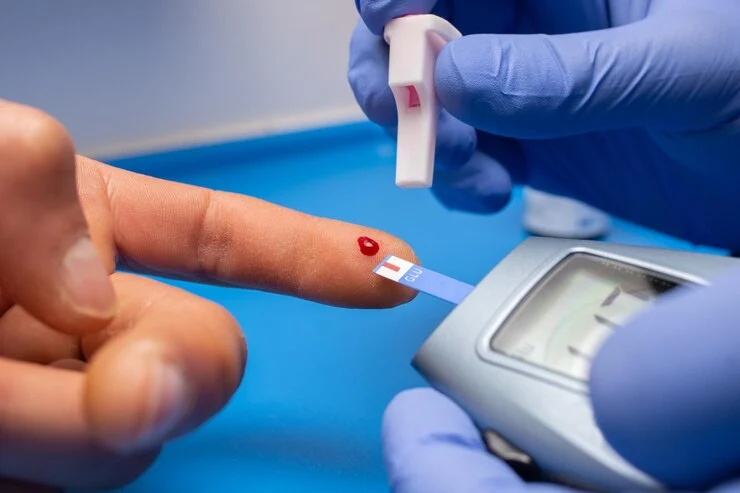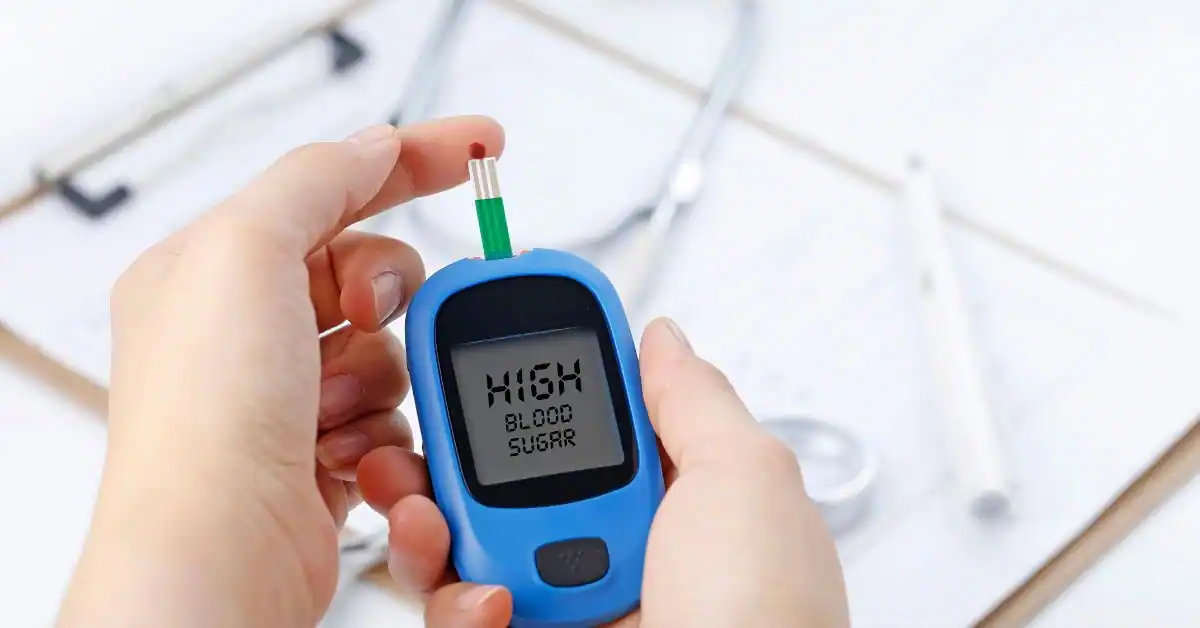How to manage type 2 diabetes without medication?
Managing type 2 diabetes without medication is a goal for many individuals seeking to take control of their health through lifestyle changes. While medication can be essential for some, others may find that lifestyle modifications alone can significantly improve their blood sugar levels and overall well-being.
Understanding Type 2 Diabetes
Type 2 diabetes is a chronic condition where the body becomes resistant to insulin or doesn’t produce enough insulin, leading to elevated blood sugar levels. Managing this condition involves maintaining healthy blood sugar levels through various means, including diet, exercise, and stress management.

Dietary Changes
1. Reduce High-Carb Foods
Cutting down on foods high in carbohydrates is crucial for diabetes.
- White bread and pasta: These can cause significant blood sugar spikes.
- Sugary snacks and beverages: Replace them with healthier options.
2. Choose Whole Grains
Incorporate whole grains into your diet to help stabilize blood sugar levels. Opt for:
- Whole grain bread: A better alternative to white bread.
- Brown rice and quinoa: These have a lower glycemic index.
3. Eat Non-Starchy Vegetables
Non-starchy vegetables are low in carbs and high in nutrients making them ideal for diabetes.
- Leafy greens: Spinach – kale – and Swiss chard.
- Cruciferous vegetables: Broccoli – cauliflower – and Brussels sprouts.
4. Increase Fiber Intake
Fiber slows down the absorption of sugar – aiding in the control of diabetes without medication.
- Fruits: Berries – apples – and oranges.
- Legumes: Lentils – chickpeas – & black beans.
Regular Exercise
Regular exercise plays a crucial role in managing diabetes without medication. Physical activity helps improve insulin sensitivity and control blood sugar levels making it an essential part of a diabetes management plan.

- 1. Aim for 150 Minutes of Moderate Exercise Weekly
- To effectively manage diabetes without medication, aim for at least 150 minutes of moderate exercise each week. This can include activities such as:
- Walking: A simple – low-impact exercise that can be done anywhere.
- Cycling: An excellent cardiovascular activity that can be adjusted to any fitness level.
- Swimming: A low impact exercise that is easy on the joints and great for overall fitness.
2. Incorporate Strength Training
Strength training helps build muscle which can improve insulin sensitivity and aid in managing diabetes.
- Weight lifting: Use free weights or resistance machines.
- Bodyweight exercises: Push-ups, squats, and lunges are effective options.
- Resistance bands: A versatile tool for strength training at home or the gym.
3. Engage in Aerobic Activities
Aerobic exercises are beneficial for cardiovascular health and blood sugar control, making them ideal for managing diabetes.
- Dancing: A fun way to get your heart rate up.
- Jogging or running: Excellent for those who enjoy more intense workouts.
- Group fitness classes: Zumba – step aerobics – or spinning classes can be both motivating and effective.
4. Try Flexibility and Balance Exercises
Improving flexibility and balance can enhance overall fitness and help in diabetes level.
- Yoga: Combines physical movement with mindfulness, offering stress reduction benefits as well.
- Pilates: Focuses on core strength – flexibility – and balance.
- Tai Chi: A gentle form of exercise that improves balance and reduces stress.
Weight Management
Effective weight management is a key strategy in managing diabetes without medication. Maintaining a healthy weight can improve insulin sensitivity and help control blood sugar levels.

- 1. Set Realistic Goals
- Setting achievable goals is crucial for effective weight management.
- Start small: Aim for gradual weight loss, such as 1-2 pounds per week.
- Track progress: Use a journal or app to monitor your weight and health metrics.
2. Follow a Balanced Diet
A balanced diet is fundamental for weight management and diabetes.
- Whole foods: Choose fresh fruit – vegetables – whole grains – and lean proteins.
- Healthy fats: Include sources like avocados – nuts – seeds – and olive oil.
- Avoid processed foods: Minimize intake of sugary snacks – fast food – and refined carbs.
3. Practice Portion Control
Managing portion sizes can help control calorie intake aiding in weight & diabetes.
- Use smaller plates: This can help reduce the amount of food you eat.
- Measure servings: Be mindful of serving sizes and avoid second helpings.
4. Stay Active
Regular physical activity is essential for weight management and level of blood sugar.
Various forms of exercise:
- Aerobic exercises: Walking – jogging – cycling – and swimming.
- Strength training: Lifting weights or using resistance bands.
- Flexibility exercises: Yoga and stretching to improve overall fitness.
Quality Sleep
Quality sleep is a crucial, yet often overlooked, aspect of managing diabetes without medication. Adequate sleep supports overall health, improves insulin sensitivity, and helps maintain stable blood sugar levels.

- 1. Understand the Importance of Sleep
Understanding the role of sleep in managing diabetes without medication is essential. Quality sleep helps:–
- Regulate blood sugar levels: Poor sleep can lead to insulin resistance and higher blood sugar levels.
- Improve mood and energy levels: Good sleep enhances overall well-being and motivation to maintain healthy habits.
- Support weight management: Adequate sleep helps control appetite and reduces the risk of overeating.
2. Establish a Regular Sleep Schedule
Consistency in sleep patterns is vital for maintain sugar level.
Regular sleep schedule:
- Go to bed and wake up at the same time every day: This helps regulate your body’s internal clock.
- Create a bedtime routine: Engage in relaxing activities such as reading or meditation before bed.
3. Create a Restful Sleep Environment
A conducive sleep environment can significantly impact sleep quality and aid in managing diabetes without medication.
Tips for creating a restful environment include:
- Keep your bedroom cool and dark: Use blackout curtains and maintain a comfortable room temperature.
- Minimize noise: Use earplugs or white noise machines to block out disruptive sounds.
- Invest in a comfortable mattress and pillows: Ensure your bedding supports good sleep posture.
4. Limit Stimulants Before Bedtime
Avoiding stimulants in the evening is crucial for improving sleep quality.
Key points to remember:–
- Avoid caffeine and nicotine: These substances can interfere with your ability to fall asleep.
- Limit alcohol consumption: While alcohol might make you feel sleepy it can disrupt sleep patterns.
5. Address Sleep Disorders
Sleep disorders can hinder your ability to manage blood sugar level.
- Consult a healthcare professional: Seek advice if you experience persistent sleep issues – such as insomnia or sleep apnea.
- Follow recommended treatments: Adhering to professional guidance can improve your sleep and overall diabetes management.






